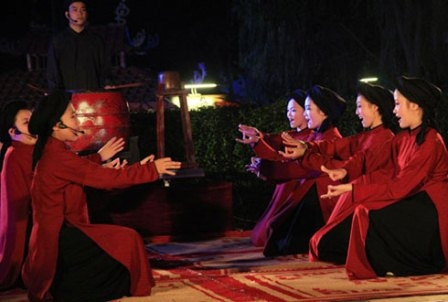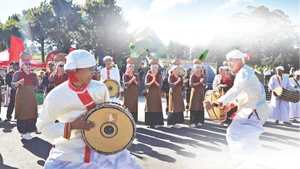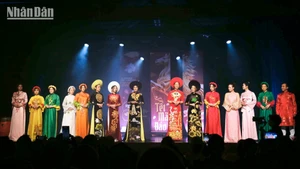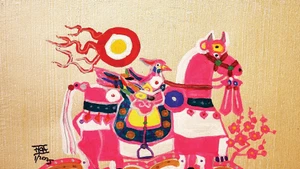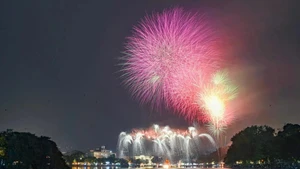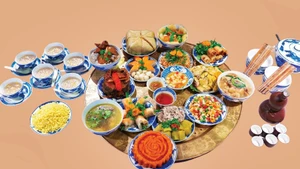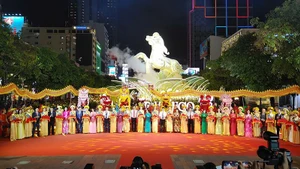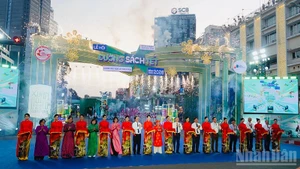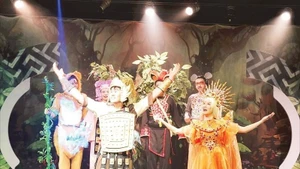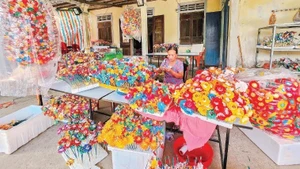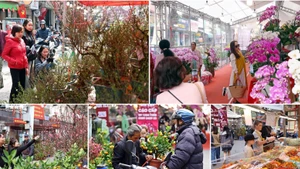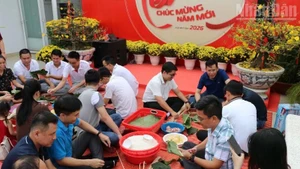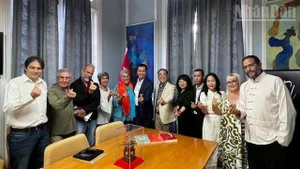The seminar was jointly held by the Ministry of Culture, Sports and Tourism and the Phu Tho provincial People’s Committee to discuss a project to preserve and uphold the intangible cultural value of Xoan singing in the northern province of Phu Tho during the 2013-2015 period with a vision toward 2020.
At the event, leading Vietnamese experts and scientists agreed that Xoan singing contains many traditional values consistent with the worship of the Hung Kings.
They advocated support for four art troupes in particular, namely Phu Duc, Thet, Kim Doi and An Thai, and said that attention should be paid to teaching Xoan singing to young people.
A traditional style of ritual folk singing, Xoan singing is usually performed in front of communal houses during spring village festivals.
The participants agreed that the art form should develop communally and organically, leaving the traditional singing form off the modern stage.
In order to create a cultural space and ensure the sustainable development of Xoan singing, many proposed the restoration and renovation of historic sites where Xoan singing and the worship of the Hung Kings took place in the distant past.
According to the provincial Department of Culture, Sports and Tourism, 16 out of 30 historic sites where Xoan singing was once performed have disappeared completely, while many others are in poor condition, owing to the effects of war and natural disasters.
Despite yearly performances at the Hung Kings’ Temple Festival, Xoan singing is at risk of losing prominence due to a diminished capacity to transmit the form to younger generations. At present, Phu Tho province has 69 Xoan singers but only eight of them are able to teach the artform.
Given the situation, seminar participants proposed giving more support to Xoan singers, those best placed to preserve the tradition.
The UN Educational, Scientific and Cultural Organisation (UNESCO) has listed Xoan singing as part of the world’s Intangible Cultural Heritage in need of Urgent Protection.
The VND200 million project’s objectives are to remove the genre from the ‘Urgent Protection’ list while promoting it as a local cultural product in the context of the province’s tourism development.
The unique practice of worshipping the Hung Kings has also been recognised by UNESCO as part of the world’s intangible cultural heritage.
